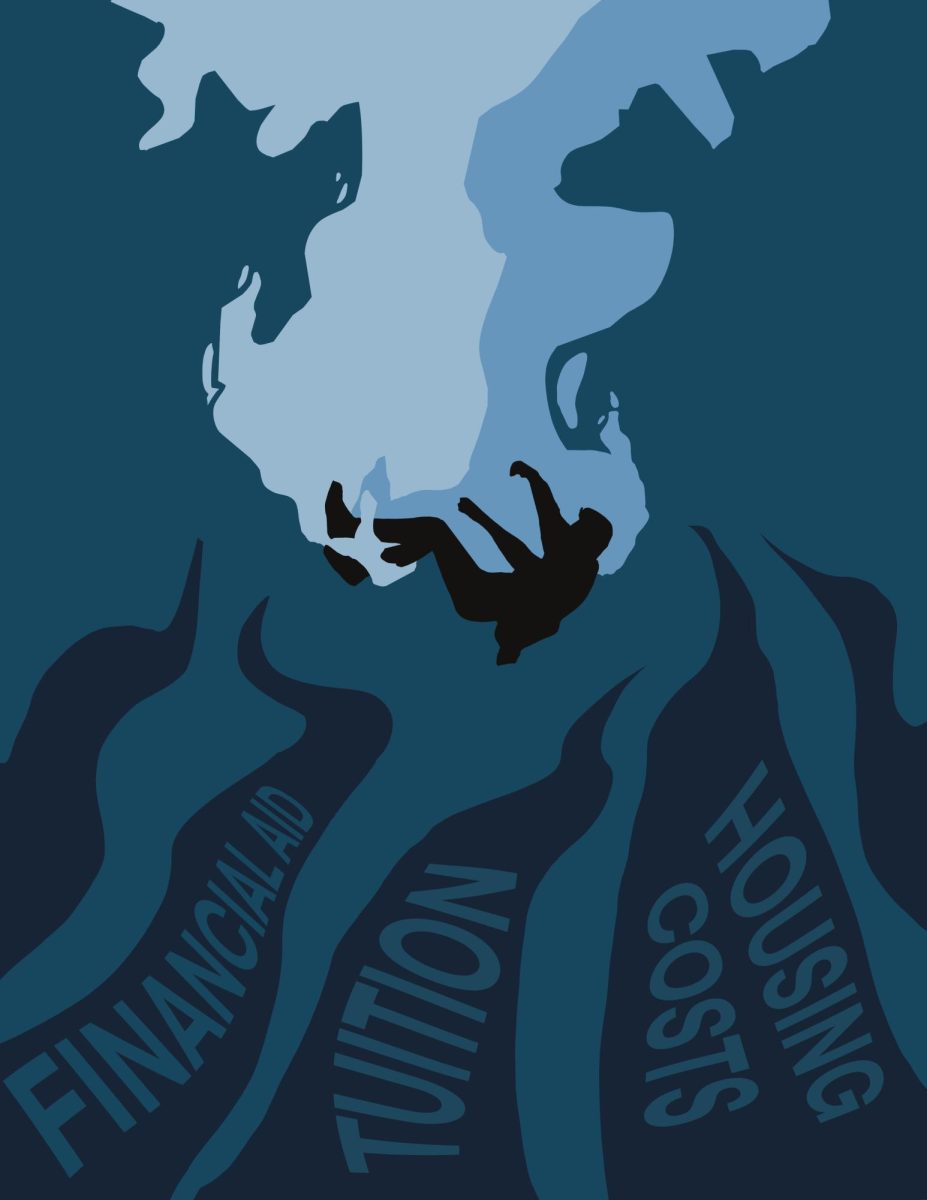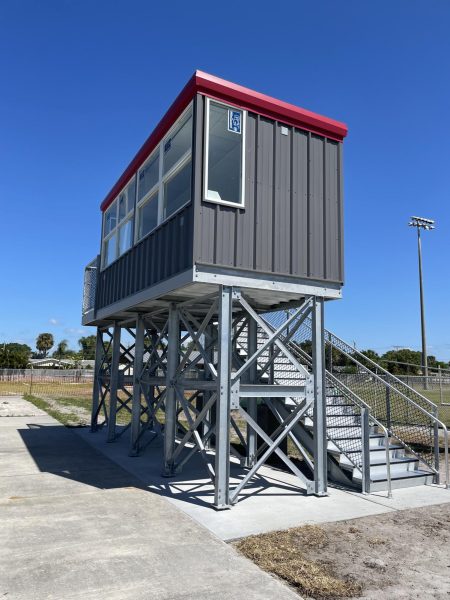June SAT curve causes students’ scores to fall
October 8, 2018
Fearing the impact on college admissions, students and parents have been rallying for College Board to rescore the June SAT- on which many students received surprisingly low scores due to a harsh curve.
The movement started to gain momentum after students began to share their scores on social media.
“I was hoping to improve,” senior Janet Lu said, “but my score went down by ten points [despite getting] fewer questions wrong.”
In order to understand how such a situation can occur, the process of equating used by the College Board should be explained. Essentially, the SAT undergoes multiple revisions between each administration of the test.
In order to guarantee that no group of test takers has an advantage over another due to the constantly changing ratio of easy and difficult questions, the College Board assigns a certain point-value to the questions in a test that ensures that a student who answers more difficult questions correctly will get a decent score, even if another student with an “easy” test got more questions correct.
That being the case, College Board announced it has no intention of rescoring the test, as all scores are as accurate as they can be with the scoring processes currently in place.
Multiple attempts to reach the College Board while writing this story were dismissed: One email titled “Request for Comment on June SAT” and another “Inquiry About June SAT Scores” both received the same response word-for-word, despite two completely different agents responding, and the content of the requests being entirely different.
Upon obtaining a representative’s contact information and reviewing the email she had sent to West Shore test administrator Stephen Drake, which directly mimicked the previous emails mentioned, it was clear that the College Board wasn’t willing to release any more information than it had already published. In fact, these emails also employed the same wording as was used in a FAQ released on the College Board’s blog in response to the public’s questions
“It’s unfortunate, but I don’t think the SAT is going to lose many customers from the June SAT,” Lu said. “Some colleges have stopped requiring [SAT or ACT] scores, but kids still end up taking the tests for the other schools they apply to.”
Indeed, the number of colleges branching off from standardized testing requirements is now more than 1,000, according to the FairTest database.
However, when checked against the “US News” rankings for top Florida schools, nine out of the Top 10 Florida schools still require such scores.
This is frustrating for students, such as Lu who feel as though the tests don’t measure their academic success accurately. Nevertheless, some colleges are encouraging students not to panic over one low score.
“We superscore the SAT, which means, Florida Tech uses the highest Math section and highest Evidence Based Reading and Writing section from all SAT tests that are taken and submitted to the university from applicants,” Jordan Ursch, admission counselor at Florida Institute of Technology, said. “The SAT test is not the only indicator of potential for academic success we use in evaluating applicant for admission. The overall impact of any one SAT test on admissions to the university is low.”
Junior Elizabeth Pickering expressed her goal to improve going forward, as it was her first time taking the SAT in June.
“I plan on taking the SAT after I finish AP Lang so that I can hopefully achieve my desired score,” Pickering said.
While Pickering still has one more year to practice, seniors such as Lu are left to apply with whatever scores they may have attained in their junior year of testing.


![The Melbourne Fire Department recognized coach and custodian Derrick Hamilton on April 16 with the Lifesaving Citizen Award during lunch. I would just react for anyone, Hamilton said. My love for children -- thats what it comes down to. [I am] where I am supposed to be.](https://westshoreroar.com/wp-content/uploads/2024/04/DSC_0639-1-e1713376507113-1200x805.jpg)








